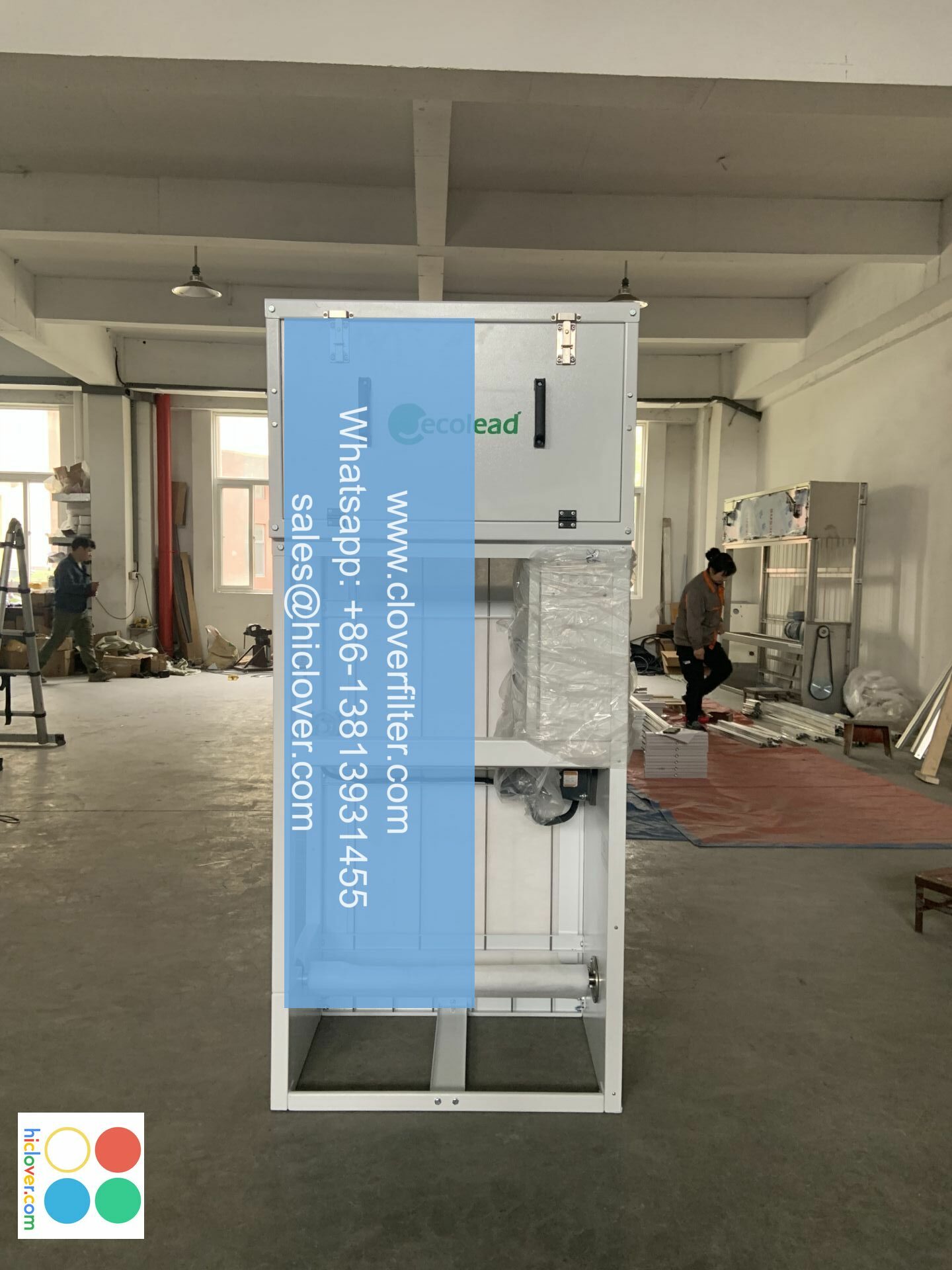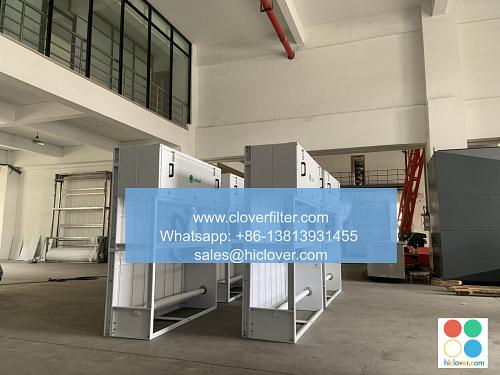Air Filter Ecosystems: A Critical Component of Indoor Air Quality Management

As the world grapples with the challenges of indoor air pollution and its impact on human health, the importance of air filter ecosystems cannot be overstated. These ecosystems play a vital role in maintaining good indoor air quality (IAQ) by removing airborne pollutants, particulate matter (PM), and gaseous contaminants from the air. In this article, we will delve into the world of air filter ecosystems, exploring their application areas, benefits, and key technologies that make them a critical component of indoor air quality management.
Introduction to Air Filter Ecosystems
An air filter ecosystem refers to a complex system that integrates air filtration, ventilation, and air purification technologies to create a healthy indoor environment. These ecosystems are designed to work in tandem with heating, ventilation, and air conditioning (HVAC) systems to provide a comprehensive solution for indoor air quality management. By leveraging advanced filtration technologies, such as high-efficiency particulate air (HEPA) filters and activated carbon filters, air filter ecosystems can effectively remove a wide range of air pollutants, including PM2.5, volatile organic compounds (VOCs), and nitrogen dioxide (NO2).
Application Areas of Air Filter Ecosystems
Air filter ecosystems have a wide range of application areas, including:
* Commercial buildings: Offices, shopping malls, and hotels can benefit from air filter ecosystems to improve indoor air quality and enhance occupant comfort and productivity.
* Residential buildings: Homes and apartments can use air filter ecosystems to remove indoor air pollutants and create a healthy living environment for families.
* Healthcare facilities: Hospitals, clinics, and nursing homes require air filter ecosystems to maintain strict indoor air quality standards and prevent the spread of airborne diseases.
* Industrial facilities: Factories, warehouses, and manufacturing plants can benefit from air filter ecosystems to remove hazardous airborne pollutants and improve worker safety and health.
Benefits of Air Filter Ecosystems
The benefits of air filter ecosystems are numerous and well-documented. Some of the key advantages include:
* Improved indoor air quality: Air filter ecosystems can remove up to 99.97% of airborne pollutants, creating a healthy indoor environment for occupants.
* Enhanced occupant comfort and productivity: By removing air pollutants and odors, air filter ecosystems can improve indoor air quality and enhance occupant comfort and productivity.
* Reduced risk of airborne diseases: Air filter ecosystems can help prevent the spread of airborne diseases, such as influenza and tuberculosis.
* Increased energy efficiency: By integrating with HVAC systems, air filter ecosystems can help reduce energy consumption and lower operating costs.
Key Technologies in Air Filter Ecosystems
Some of the key technologies used in air filter ecosystems include:
* High-efficiency particulate air (HEPA) filters: These filters can remove up to 99.97% of particulate matter as small as 0.3 microns.
* Activated carbon filters: These filters can remove gaseous contaminants, such as VOCs and odors.
* Ultraviolet (UV) light technology: This technology can help inactivate airborne pathogens and reduce indoor air pollution.
* Internet of Things (IoT) sensors: These sensors can monitor indoor air quality in real-time, providing valuable insights for air filter ecosystem optimization.
Conclusion
In conclusion, air filter ecosystems are a critical component of indoor air quality management. By leveraging advanced filtration technologies and key technologies, these ecosystems can provide a comprehensive solution for indoor air quality management. As the world continues to grapple with the challenges of indoor air pollution, the importance of air filter ecosystems will only continue to grow. Whether you’re a building owner, facility manager, or homeowner, investing in an air filter ecosystem can have a significant impact on indoor air quality and occupant health. It looks like you didn’t provide a prompt. What would you like to talk about or ask? I can summarize a topic, answer questions, or engage in conversation on a wide range of subjects. Please go ahead and provide a prompt, and I’ll do my best to assist you!

